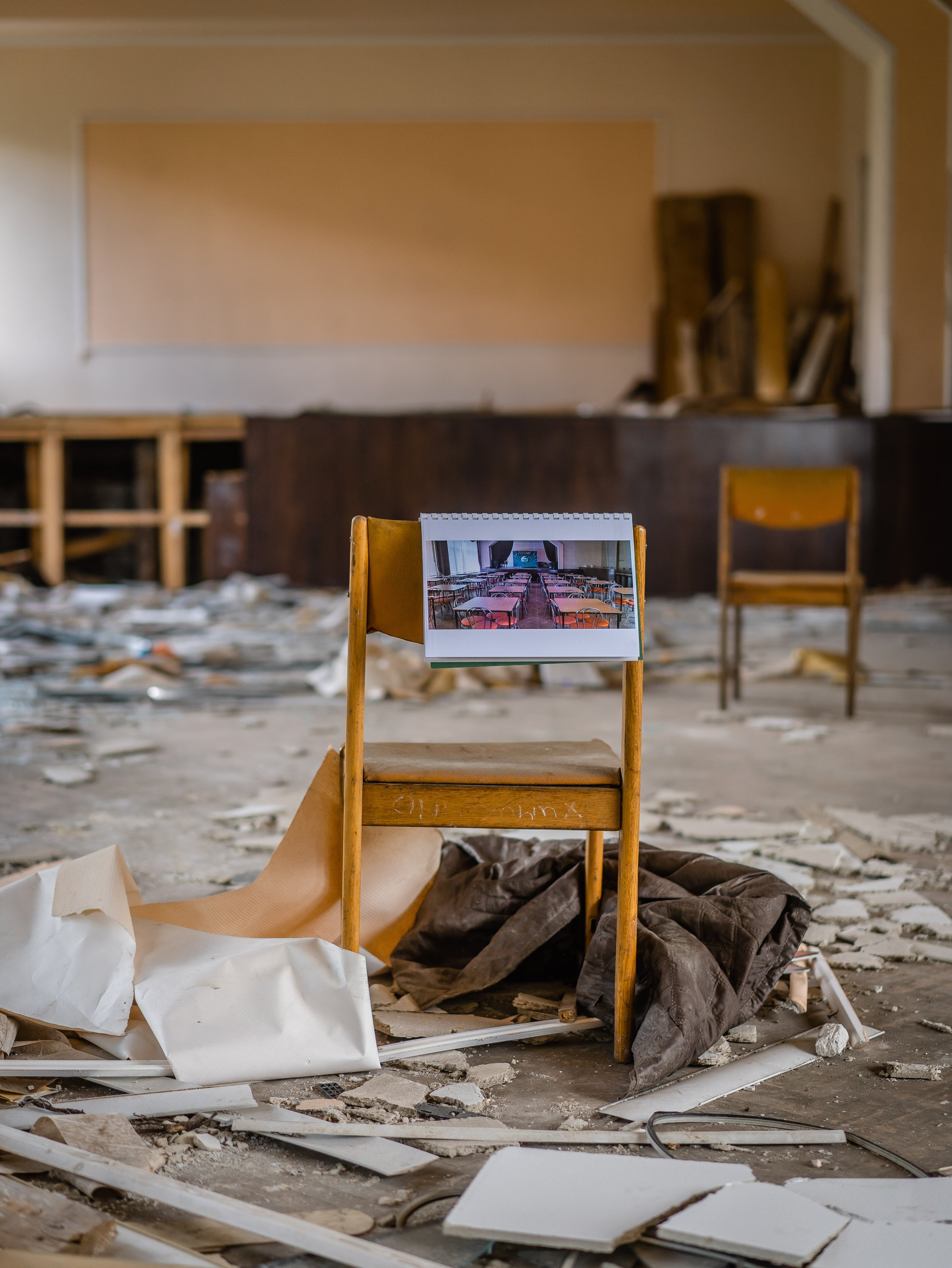
Where We Work
Ninety-five percent of the world’s food is grown in soil. Soil filters and purifies our water, stores enormous amounts of carbon, and reduces flooding. For these reasons and more, communities around the planet are taking soil health seriously.
By coordinating efforts to develop more efficient, sustainable methods of soil repair after war, CERAD is supporting the soil health movement in Europe, Asia, and North America. Learn more about our efforts below.

Ukraine / Україна
Russia’s full-scale invasion of Ukraine has witnessed extraordinarily heavy use of rockets and projectiles (artillery), missiles, emplaced explosives (landmines), and air-dropped explosives (bombs and cluster munitions). The continued fighting has left Ukraine saturated with unexploded weapons of war. Efficient demining and removal of these explosive remnants of war (ERW) is crucial for human safety and for restoring Ukraine’s agricultural sector and ensuring global food security.
Ukraine is a primary contributor to international agricultural markets and global economic security. Barriers to national production translate directly into international shortages. CERAD is working with Ukrainian teams to develop explosive ordnance disposal methodologies that are aligned with ecological principles. Our pilot study investigates the feasibility of employing environmentally regenerative interventions in scalable and sustainable disposal practices.

United States
Since coming under active management, agricultural soil in the United States has lost up to 60% of its original organic carbon content. This steady degradation has undermined productivity and cropland resilience. CERAD is tapping the country’s strengths in soil science and military testing to develop an ecological approach to soil restoration.
Using access to publicly funded range sites, CERAD is looking at the environmental impact of different ordnance and the different methods of blow-in-place (BIP). We firmly believe that long-term solutions requires wide-spread involvement, so our findings will always prioritize open access reporting.

Southeast Asia
Despite ending nearly 50 years ago, the US war in Southeast Asia means that Laos, Vietnam, and Cambodia remain heavily impacted by cluster bomblets and other explosives. One of the most heavily bombed countries in human history, Laos has sustained approximately 50,000 casualties from ERW. Since 1979, Cambodia has suffered over 64,000 casualties from explosives. Meanwhile Vietnam has suffered at least 105,000 casualties..
CERAD is at the early stages of learning about the challenges of soil remediation in contexts where farmers could not wait for cleanup any longer. They have found creative, albeit dangerous, workarounds for lingering contamination. We are identifying potential research partners in Southeast Asia, as the region has tremendous expertise and experience in ERW solutions.






